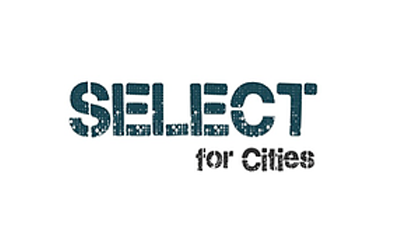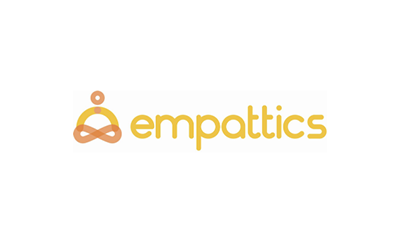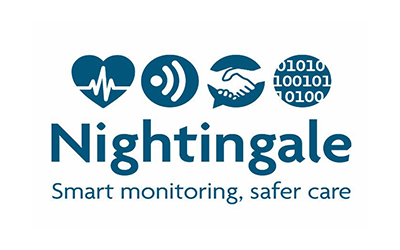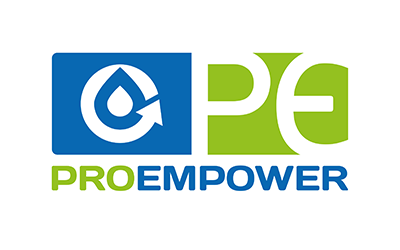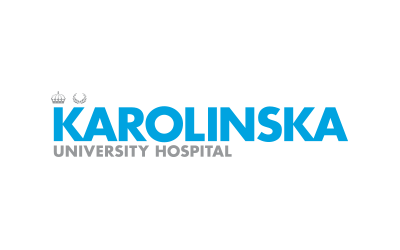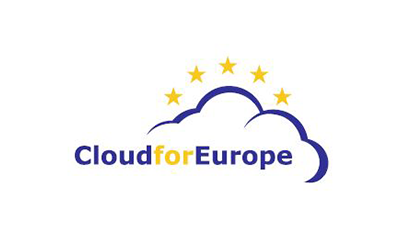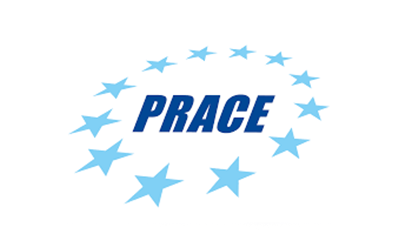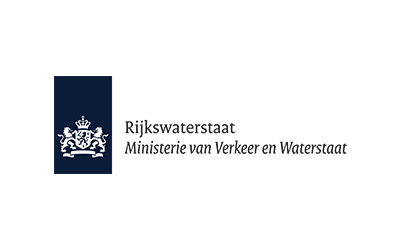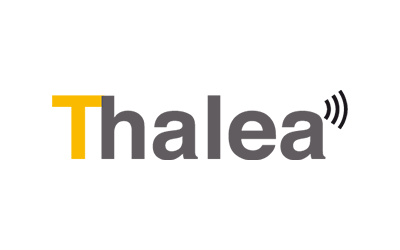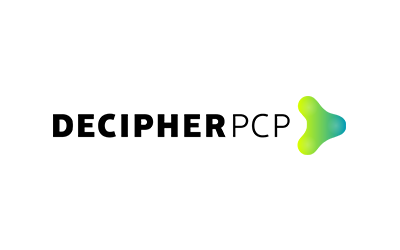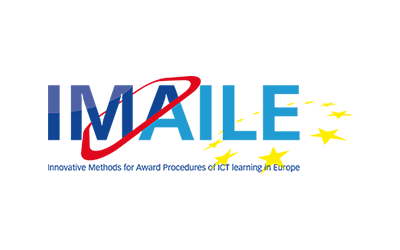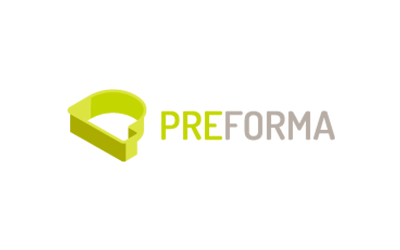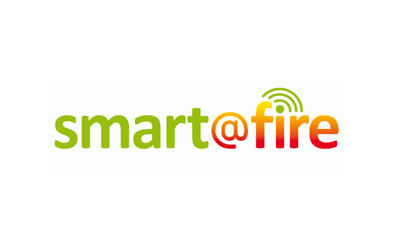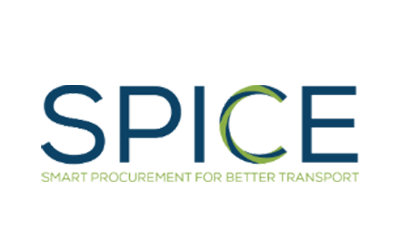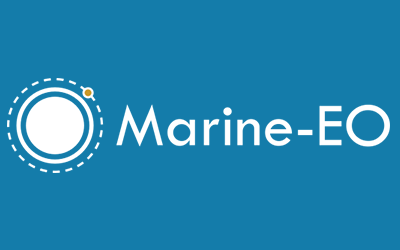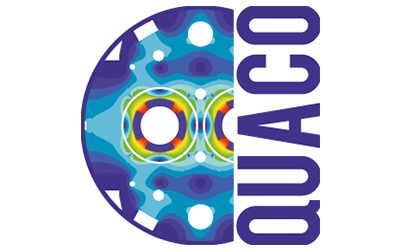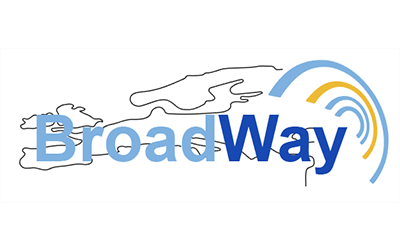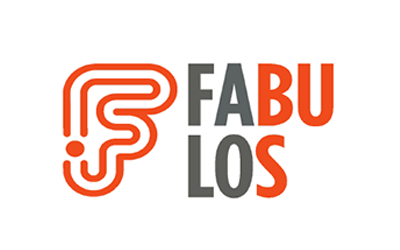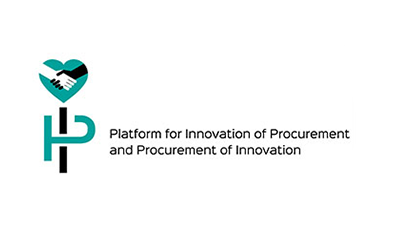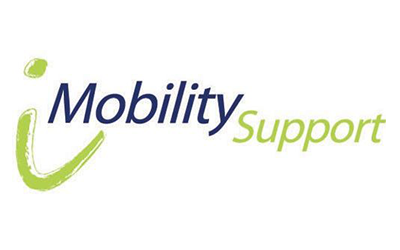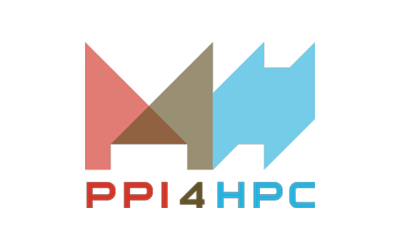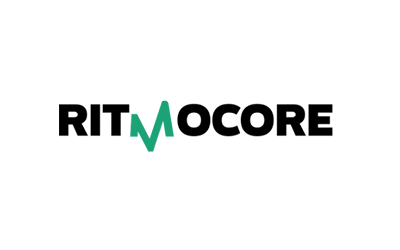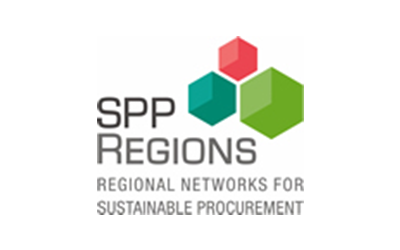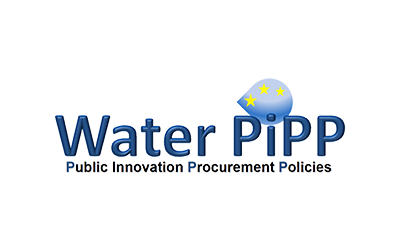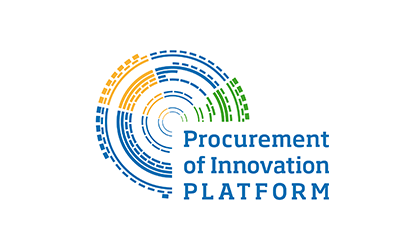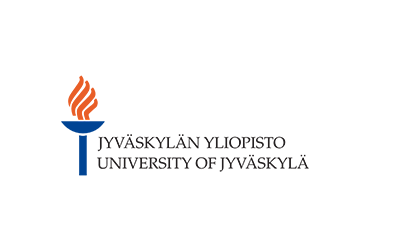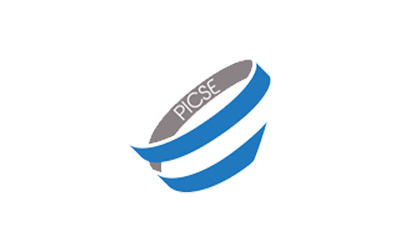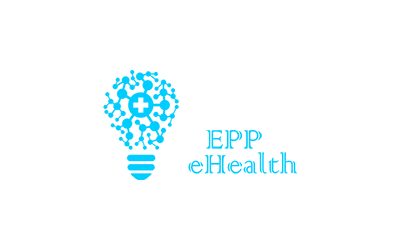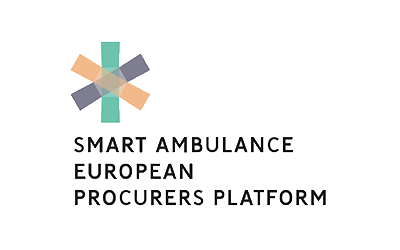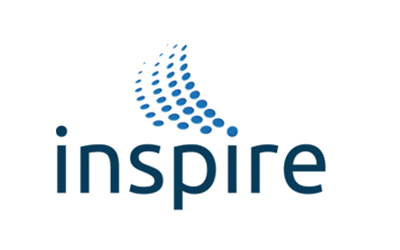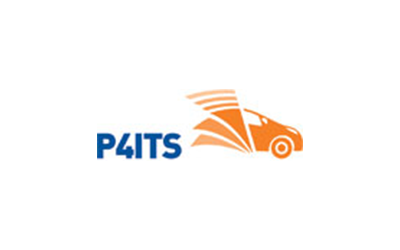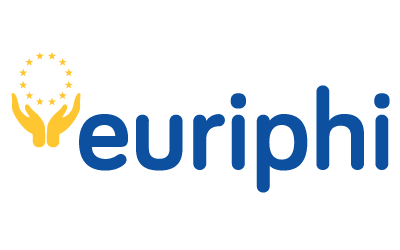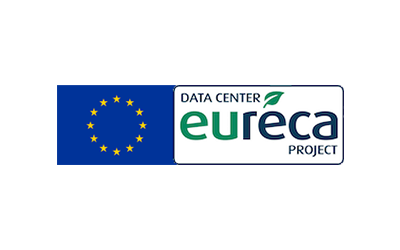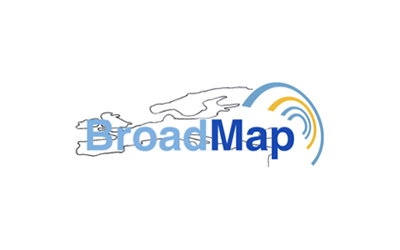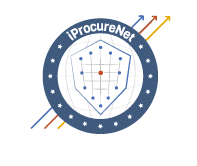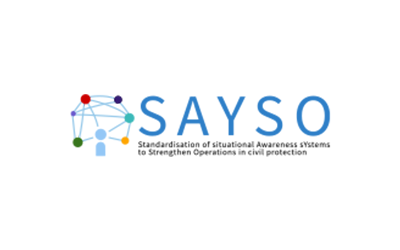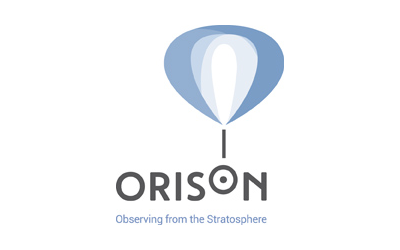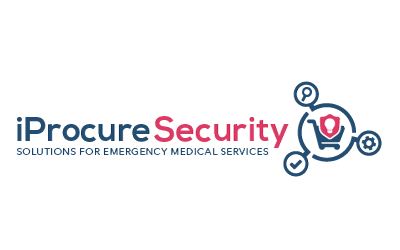EU co-financed projects in the ICT domain that are implementing joint transnational PCPs
The iProcureSecurity PCP project – following the iProcureSecurity CSA – wants to create an innovative triage management system, that provides a) quick and accurate overview of victims and their status; b) decision support for better allocation of available resources and quicker support for patients; c) improved interoperability with other first responders and relevant actors; d) reduced handover times between ambulance transport and hospitals; and e) insights for quality assurance and training measures.
Consortium of research labs and institutes that procures together R&D to develop a common science cloud platform for the European research community with improved data analysis capability and capacity. The project follows from the PICSE coordination and networking project below.
Consortium of cities that is working towards a standardized, open, data-driven, service-oriented & user-centric platform enabling large scale co-creation, testing & validation of IoE services for Cities.
Consortium of health care providers that aims to improve care delivery systems that empower patients in optimising their recovery from a stroke together with healthcare professionals.
Consortium of health care providers that focuses on new ICT solutions that can empower chronic patients as decision makers in the treatment of their disease.
Consortium of healthcare procurers that aims to get new innovative solutions developed for recovering life wellbeing through ICT based pain self-management techniques.
Consortium of healthcare procurers that is looking for smart ICT solutions to detect the presence of resistant microorganisms. The aim is to give real-time feedback to the user and share the information with the healthcare provider’s electronic record systems linking the infection with the place of detection.
Consortium of healthcare procurers that aims for robust monitoring and communication systems that connect patients and carers. They should provide early warning of acute deterioration of patients’ health condition in and out of hospital, and learn and adapt to different individuals in different situations. An approach based on wearable sensors, self-learning adaptive algorithms and big data analysis will be used.
Consortium of healthcare procurers that aims to get a disease self-management solution developed to help meet the imminent threat of a type 2 diabetes epidemic. Proempower will make person-centered care a reality – giving the patient the steering wheel – for optimal health outcomes.
Consortium of healthcare procurers that aim for smart solutions that provide patients with individualized avoidance and reduction of unnecessary healthcare related stress factors, across the preclinical, hospitalisation and aftercare periods. Technical challenges to overcome for suppliers relate to vital signs measuring, wireless real-time transfer of large data amounts and big data analysis and decision making.
Consortium of healthcare procurers that are looking for smart ICT solutions that enable lifestyle interventions in the perioperative process. The aim is to influence patients in a personalised way to take the necessary actions both prior and after surgery in their life style to optimise the health care outcome.
Consortium of water sector procurers that aims for a standardised solution for smart metering in the water sector across Europe.
Cloud for Europe consortium of public authorities aims to clarify public sector requirements and usage scenarios for Cloud Computing in Europe. The PCP focuses on services that are identified as missing or need to be adopted for Governments use.
Consortium of research infrastructure centers that conducts a PCP that focuses on increasing the energy efficiency of high performance computing.
NYMPHA-MD
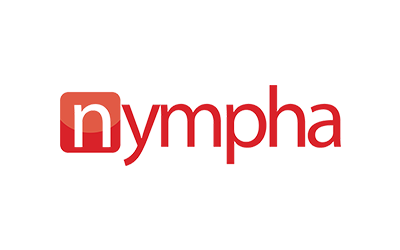
Consortium of mental care hospitals that completed a PCP on next generation services for mental health treatment focusing on bipolar disorder.
Consortium of road management authorities that obtained innovative solutions that improve traffic throughput, road safety, CO2 footprint and reduced costs by moving to an open modular architecture for traffic management centres equipped with advanced traffic management, traffic prediction and cooperative systems. The authorities are investigating to launch a follow up procurement to deploy the innovations.
Consortium of hospitals that obtained a highly interoperable telemedicine platform that detects increased risk ICU-patients. Wider deployment in the THALEA II PPI will enable earlier diagnosis and improved efficiency, reducing sepsis mortality by 25% and the length of hospital stay by 20-50%.
Consortium of public health providers that acquired innovative solutions that enables more efficient and safer medical care for patients with chronic diseases, such as Type-2 Diabetes, that are on the move across Europe and can generate up to 24% of cost savings (over € 8M) for the procuring regions.
Consortium of national road authorities that obtained innovative solutions that enable to improve their efficiency and effectiveness by improving data exchange in the sector through virtual modelling of road infrastructure. Road authorities are currently preparing themselves internally for the move towards building information modelling as this can save 10-20% of the total building cost.
Consortium of cities, schools and universities that obtained artificial intelligence and gaming based solutions that offer personal learning to students in primary and secondary schools. As a result, students are 55-75% more motivated and successful in learning mathematics, technology and science topics and the teachers’ planning and assessment time is reduced by 30-40%. Wider deployment is prepared in the LEA project.
Consortium of memory institutions that improved the long term digital preservation of our cultural heritage. The new open-source standardised tools improve the curation capacity with high digitization accuracy and quality at reduced costs and are now being integrated into production environments worldwide.
Consortium of fire brigades and interior ministries that focused on ICT solutions for smart personal protective equipment for fire fighters and first responders. Developed solutions improve indoor localisation significantly and are currently being deployed worldwide.
Consortium of local and regional authorities that identified robotics solutions which enable care-givers to reach 10% more of elderly persons who can live independently by 2020. First solutions are currently being commercialised.
SPICE will give an invaluable chance to public authorities to share their experiences of procurement of innovative sustainable transportation solutions and to learn from each other.
Marine-EO aims at procuring the development of demand-driven EO-based services, adopted on open standards, bringing incremental or radical innovations in the field of maritime awareness.
By acting as a collective of procurers, ARCHIVER creates an eco-system for specialist ICT companies active in archiving.
Quaco draws together research infrastructures with similar technical requirements , which will allow the avoidance of unnecessary duplication of design effort.
BroadWay is Procuring Innovation activity to enable a pan-European broadband mobile system for PPDR, validated by sustainable test and evaluation capabilities.
Shuttle is aiming to develop a toolkit, which will facilitate the microtraces analysis collected in crime scenes.
Consortium that focuses on how cities can use automated buses in a systematic way, aiming ultimately for the operations of an autonomous bus line as part of the public transportation ecosystem.
The robotics research project ECHORD++ will promote the interaction between robot manufacturers, researchers and users.
Shuttle is aiming to develop a toolkit, which will facilitate the microtraces analysis collected in crime scenes.
The challenge faced is identifying a new, life-cycle cost-effective technology for soil and groundwater remediation, capable of decontaminating heterogeneous anthropic soils in brownfields with a mixture of industrial waste and soils consisting of clays and sands of marine origin, highly polluted by petroleum hydrocarbons and heavy metals.
The CIVILnEXt project supports the development of a solution addressing existing “fragmentation” and closing “gaps”. To provide civilian CSDP missions with the next generation of secure and cost-effective information systems: a situational awareness, information exchange and operation control platform (OCP).
The EU-funded HSMonitor project will apply the chronic care model to identify support needs for hypertensive patients at all stages. Suppliers will be evaluated following each procurement phase, from open market consultation and specification of architecture, to the development and testing of the prototype, and a trial phase with 500 patients and 150 professionals.
The EU-funded eCARE project is developing a digital solution – tools and services – to improve outcomes for frailty in older adults by accounting for physical and psychosocial factors. It will target the pre-frail and frail older adults to facilitate the implementation of integrated care models across health and social services.
The EU-funded AI4Cities project will play a leading role in this initiative by developing breakthrough solutions. Specifically, it will assign pragmatic and solvable ‘missions’ from city action plans to AI developers, who will use these to design solutions.
The EU-funded oncNGS project is developing a next-generation sequencing (NGS) tumour-marker analysis kit applicable to all tumour types that will include automated data analysis, interpretation and reporting to support decision-making. Standard use of NGS for tumour analysis could soon significantly enhance outcomes.
The EU funded Instand-NGS4P project will develop innovative Next Generation Sequencing (NGS) workflows from sample-pre-analytics focusing on conditions of patients for routine diagnostic of common-and-rare juvenile-and-adult cancers. A fully integrated and standardised NGS will be created with cooperation with leading medical centres, European patient advocacy groups and standardisation organisations.
EU co-financed projects in the ICT domain that are implementing together transnational PPIs
Consortium of leading supercomputing centers that is implementing for the first time in Europe a joint Public Procurement of Innovative solutions for High Performance Computing. This 73 EUR million procurement enables a significant enhancement of the planned pre-exascale HPC infrastructure and paves the path for future joint investments in Europe in the context of the EUROHPC.
Consortium of hospitals that is preparing a PPI to procure innovative solutions for the treatment of elderly patients with arrhythmias. This includes a support center for remote monitoring of pacemakers, delivering pre-defined information sets to all stakeholders in the care path, integration and quality labelling of vital signs home monitoring devices and wearables and support for patient activation.
Consortium that procured innovative ICT based telecare services for elderly that suffer from multiple conditions such as heart failure, diabetes, etc. In Barcelona for example newly procured implantable cardioverter defibrillators led to a 9,8% reduction in hospital visits, reduced the risk of death by 29% and the implants were successful in 98,12% cases, compared to 90% under the old approach.
SPP Regions promoted the creation and expansion of European regional networks of municipalities working together on sustainable public procurement (SPP) and public procurement of innovation (PPI).
Water PiPP aims to assist public authorities by assessing a range of public innovation procurement methodologies for use in the water sector.
EU co-financed coordination and networking projects related to PCP or PPI
Creating an EU wide network of national competence centres on innovation procurement. The network is spearheaded by five countries that are reinforcing existing national competence centers (Germany, Austria, Netherlands, Spain, Sweden) and five countries that are setting up new competence centers (Portugal, Greece, Ireland, Estonia, Italy). Together they invite others to join.
Network of contracting authorities that is creating a common information platform and support National Research and Education Networks and public entities in coordinating procurement procedures of novel optical network solutions.
Network that identified opportunities and developed a roadmap and guide for shared cross-border procurement for the European Cloud Partnership’s Trusted Cloud Europe science use case. PICSE procurers have already engaged in a number of procurements (e.g. HNSciCloud).
Creating an EU wide network of national competence centres on innovation procurement. The network is spearheaded by five countries that are reinforcing existing national competence centers (Germany, Austria, Netherlands, Spain, Sweden) and five countries that are setting up new competence centers (Portugal, Greece, Ireland, Estonia, Italy). Together they invite others to join.
Group of healthcare providers created an EU wide network or e-health procurers that published unmet needs and developed joint procurement roadmaps for more sustainable e-health solutions. EPP eHealth procurers have already engaged in a number of new innovation procurements (e.g. STARS, RELIEF).
Network of ambulance procurers and users that prepared the ground for the procurement of an ICT-equipped ambulance of the future that enables a shift to more on-the-spot treatment. This can avoid unnecessary hospital admissions and reduce the associated patient distress.
Network of contracting authorities that fostered demand for innovative ICTs in eHealth, active aging and independent living: INSPIRE procurers have engaged in several PCP and PPI procurements nationally and at EU level (e.g. STOPANDGO, THALEA, RELIEF, ANTISUPERBugs, EMPATTICS).
P4ITS is a thematic network gathering contracting authorities experienced or planning to shortly embark on deploying Cooperative Intelligent Transport Systems and Services.
Introducing innovationand integrated caresolutions in Europe’shealth and social caresystems throughcross-bordervalue-basedinnovationprocurement.
EURECA is designed to provide tailored solutions to help identify the cost saving opportunities whilst signposting the environmental impact of procurement choices in data centres.
Broadmap fosters broadband radio communication systems for public safety and security’ to improve PPDR’s service to Europe’s citizens and enhance interoperability across borders.
iProcureNet aims to create an ecosystem of procurers, prescribers, legal advisors and other key stakeholders of security procurement, to share procurement trends and needs.
SAYSO’s mission is to define the reference architecture and specifications for future innovative European cost‐effective and user‐friendly situational awareness tools.
The goal of Orison is to carry out a feasibility and design study of an astronomically-oriented balloon facility.
Helix Nebula will establish a dynamic ecosystem, benefiting from open cloud services for the seamless integration of science into a business environment.
iProcureSecurity aims at creating a Pan-European Network of medical emergency teams together with medical associations
Disclaimer: This is a list of known EU funded projects. If you miss any Projects, please contact us on the matter.




